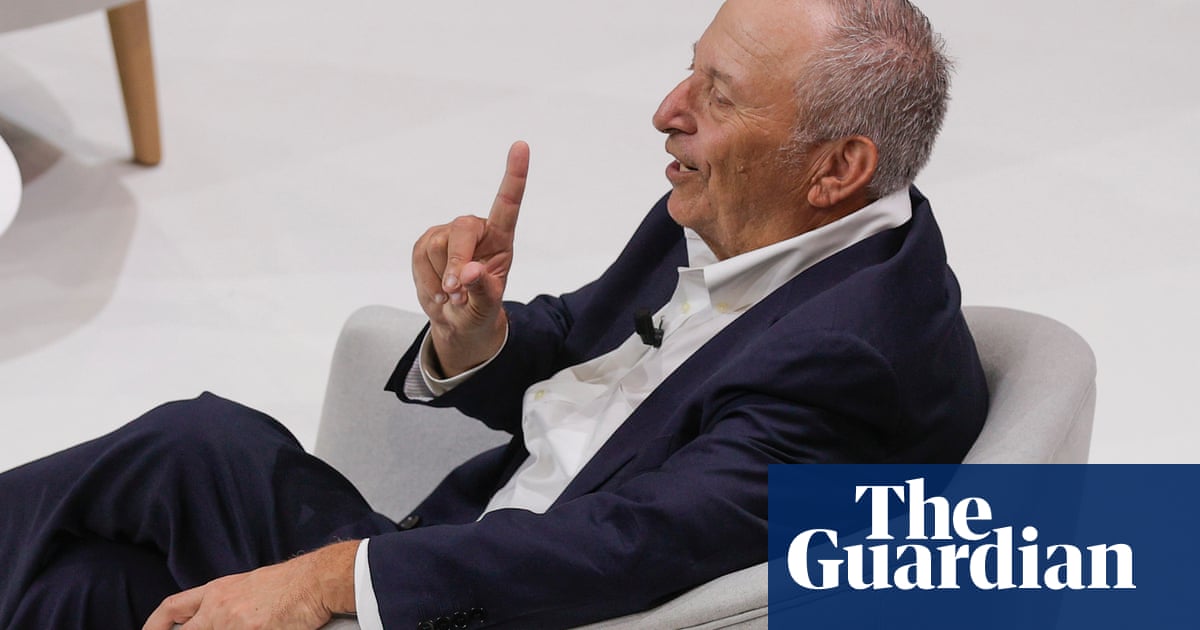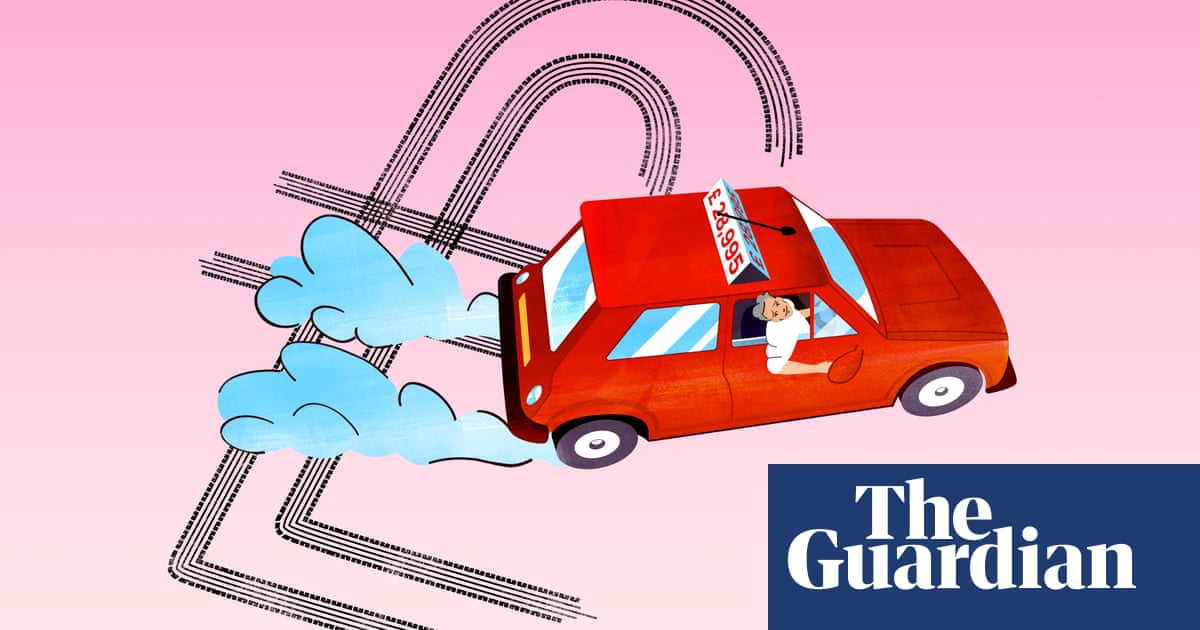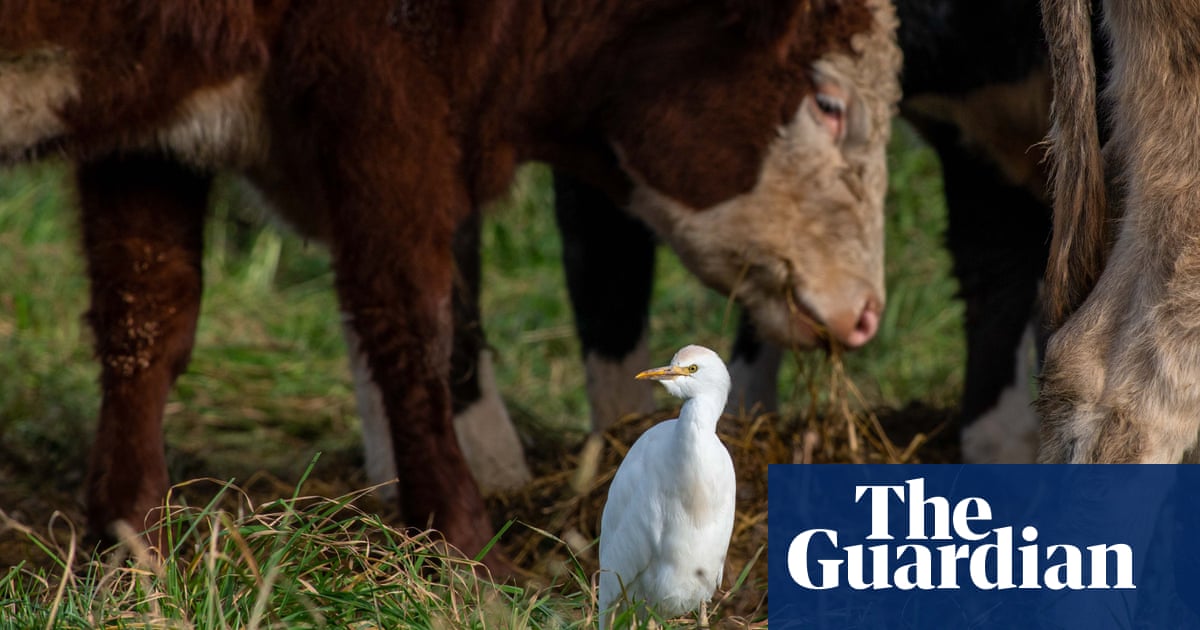
or young people who took part in the summer’s protests, this year’s Black History Month is arguably one of the most important since it was first celebrated in the UK in 1987.
From a global pandemic in which people of colour have died disproportionately and will shoulder the brunt of its economic repercussions, to the killing of George Floyd and the resurgence of the global Black Lives Matter movement, this year has forced many people to see and openly discuss the reality of institutional racism for the first time.
Black History Month, which starts this week, is a chance to highlight the achievements and contributions of black people through the ages, and the many day-to-day struggles and barriers to progress they still face. Many young people believe the quality and scope of black history covered in schools needs to be re-evaluated. We spoke to four of them.
Yasmine Fosu, 20, London
I appreciate that there is more attention on Black History Month this year, but black history has always been important and people have been fighting for it to be acknowledged for years. With more engagement this year, it’s critical that there is change now.
I also appreciate that Black History Month is necessary at the moment, but the ideal situation is that there wouldn’t need to be one. This country has a collective history, and all the different races that have contributed to and participated in that history should be recognised and integrated in the education system.
The way I was taught history in school made it seem as though non-white history was completely separate from collective British history, which I thought was really unacceptable. For example, I don’t understand how we could spend two years of GCSE learning about the war and not once have any mention of Gurkha soldiers.
My mum taught me about black history, but if you don’t have a parent to plug the gaps that education should be filling and you’re unable to seek out this information for yourself, I think it would make you feel marginalised and excluded. If what everyone’s learning about doesn’t include your community, how can you be expected to feel like you belong?
Having said that, everyone needs to learn about black history, and not in a pointed way. It needs to not be tokenistic or patronising in its approach. Black history has to be taught because it’s the responsibility and obligation of this country. It’s not just for the benefit of black students, it’s not about doing them a favour. It’s just fulfilling the obligation of teaching well-rounded history.
The lives lost and the freedom lost that went into the economic foundations of this country are not understood publicly. Today, people descended from those enslaved still haven’t received the justice they deserve, while others continue to benefit from the foundations that slavery laid. The very least that could be done is to include the truth about where this country’s wealth lies and to recognise the very valuable contributions that black people have made in a wide variety of fields.
Mel Chilekwa, 21, Nottingham
I have mixed feelings about Black History Month. I do like the fact that we do it, because it’s a time to celebrate people we most likely wouldn’t have been taught about otherwise. Black history wasn’t really talked about much in my school, though we did learn about slavery.
However, there needs to be balance in what you’re taught. It’s really awful learning about what happened during slavery and it sort of ends there. They don’t talk about all these black people who overcame their struggles, it’s just about how much they were oppressed, which doesn’t inspire confidence when you’re young. It’s not really motivating, because you don’t hear about the other side of the story.
My parents would tell me about black history or I would read things online, and there are so many people who have done really moving, groundbreaking things, like the three black women who worked for Nasa. We know all about the race to space but we never learned about them, and without them it literally wouldn’t have happened. I didn’t understand why we weren’t learning this at school and why it wasn’t integrated into the curriculum.
They also need to talk about black people who led in their industries – CEOs, managers, surgeons – because they are there, we just don’t hear about them. It would be so inspiring for young people wanting to go into certain fields and jobs if they could see that representation. Learning about people’s experiences and how they got to where they are despite being from a minority is so important.
Black history also needs to be integrated it into wider topics, not just in history and not just for one month. We need to learn about minorities in business, law, medicine, journalism , every aspect of work that students might want to get into. We need to see black excellence rather than just oppression all the time. The past is so important, but you need to also focus on the next generation and the world they are growing up in.
Rebecca Tyler, 19, Nottingham
When my school did Black History Month, it tended to focus on the common American figures like Martin Luther King and Rosa Parks, and the American experience of segregation and slavery. And I used to think: “But that was in America, why is the UK trying to distance itself from the history and achievements of black people in this country?”
Looking back on the information I received, which was supposed to reflect my ancestors’ past, it just was not good enough. I’m actually kind of angry about it. Britain has an issue with shifting focus and blame on to America, and the emphasis needs to shift on to black British history. It isn’t a tick-box exercise and the black British experience needs to be integrated throughout the curriculum.
These kids are British. They want to know about someone who might have come from the same town as them, for example. It would be so exciting for them to think: “Someone I can relate to came from my town, and if they did this then so can I.” Bringing everything closer to home really would help kids find an identity and show them that they can also achieve good things. Learning about black history can be upsetting, but it’s necessary. It’s about having an identify and having role models with similar backgrounds.
My school was not diverse at all and I felt out of place anyway, but the atmosphere was almost a bit uncomfortable at times because kids would not understand why we were learning about black history. Whereas if it was ingrained into the curriculum it would become a normality. That is key at this stage – it should be normal to learn about everyone’s culture and history.
It needs to be an inclusive realisation of the awful things that have happened, but also a celebration. Black history is so beautiful. Against the odds so much has been achieved and that should be reflected in education, whether that is in art, music, fashion or even hairstyles. Black History Month for me now is more about finding what I connect with. It’s about thinking: “What are my goals in life? Let me find someone I can look up to.”
Lexia Richardson, 16, Abergavenny
My school never did Black History Month and they’re not doing anything for it this year. There are still people who make comments like: “Well, there’s no White History Month”, and some of the teachers don’t even know Black History Month is in October. I wasn’t even allowed to put up a board about black history. They said no because of Covid, which I thought was fair enough. But when I walk around the school people are putting up boards everywhere, so it really doesn’t make sense to me.
I learned nothing about black history in my five years at secondary school and if it weren’t for my parents, I still wouldn’t know anything. My parents taught me about knowledge of self, slavery, apartheid, black heroes, black kings and queens. My dad showed me Roots and Amistad. He told me about Stephen Lawrence and Mark Duggan.
In school we cover near enough every historical period, and it’s like they forget about it. It was like no one really cared, and being a black girl in a white school, I feel left out. I could tell you all about the world wars, but not one person in my class could tell you anything about black history, let alone black British history.
We should be taught about things like the history of police brutality in the UK. People here see the news and think it’s just happening in America, but it happens here too. And we should also be taught about black males and black females who have achieved great things and the struggle they had to go through.
With everything that’s happened this year, now more than ever we have to show that black lives do matter, that black history matters. I want the next generation of black children coming up to know that they’re not the odd one out and that people do celebrate their history and their skin colour. Being black will always be a struggle, but you can achieve.












